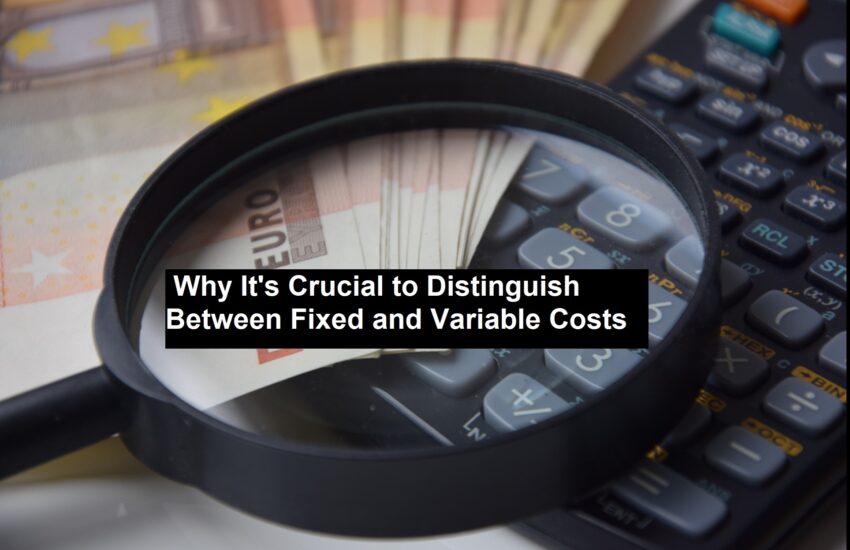What are the Benefits of Forms 15G and 15H?
In the Indian economic scenario, there is always a loophole in legal matters. In fact, when it comes to accountancy and taxes; the authorities literally provide users with a way of minimising their tax to be paid. Forms 15G and 15H provide information on what the user should do such that the bank doesn’t deduct Tax deducted at Source (TDS) on the interest received if the total income of the user isn’t taxable.
In normal scenarios, banks have to deduct TDS when the interest income exceeds Rs 40,000 for individuals (except senior citizens for whom the cap is Rs 50,000) under section 194A of the Income Tax Act. Taking advantage of Forms 15G and 15H can help you pay off debt faster by reducing your tax burden and freeing up more income for payments. The bank adds up deposits held in all its branches to calculate this limit. However, in a scenario where the total income of a user is not taxable; he/she can submit form 15G and 15H to the bank requesting no deduction of TDS.
These forms are a self-declaration by the users with the same request. While submitting these forms, providing the Permanent Account Number (PAN) is mandatory. Some banks also allow users to submit these forms online through the bank’s online website.
Following are the details of the 2 forms in a tabular format:
| Form 15G | Form 15H |
| Resident Individual or HUF or trust or any other assesses but not a company or a firm with age less than 60 years | Resident Individual with an age 60 years or more i.e Senior citizen. |
| Tax calculated on your total income is Nil | Tax calculated on your Total Income is Nil |
| The total interest income subject for the year is less than the basic exemption limit of that year, which is Rs.2.5 lakh for financial year 2020-21 (AY 2021-22) | |
Please note that benefits of Form 15G and 15H cannot be claimed by Non-residents.
Important Points for Understanding above Example-
- Form 15G and 15H are applicable only for ‘residents’, hence a non-resident cannot take the benefit of these Forms
- A user cannot submit Form 15G even though Tax on total income is Nil if his interest income is more than the basic exemption limit
- A senior citizen can submit form 15H if his tax liability is Nil
- Condition of interest income being more than the basic exemption limit is applicable for form 15G only and not for form 15H.Form 15H can be submitted by senior citizens even if the interest income is more than basic tax exemption limit, provided that the taxable income (after deductions) is below the exemption limit Disability insurance premiums become easier to manage with the tax deduction benefits of Forms 15G and 15H, offering financial security and peace of mind.
Forgot to Submit Form 15G or Form 15H?
A lot of taxpayers often forget to submit Form 15G and Form 15H on time. In such a situation, the bank might have already deducted the TDS. Based on your situation, you can do any of the following.
- File your income tax return to claim refund of TDS: The only way to get a refund of the excess TDS deducted is by filing your income tax return. Banks or other deductions cannot refund TDS to you, since they have already deposited it to the income tax department. Income tax department will refund excess TDS, after you file an income tax return.
- Submit Form 15G and Form 15H immediately: Most banks deduct TDS every quarter. If you forget to submit Form 15G or Form 15H, don’t worry. Submit it at the earliest so that no TDS is deducted for the remaining financial year.
Where can You Submit Form 15G or Form 15H Apart from Banks?
While these forms can be submitted to banks to make sure TDS is not deducted on interest, there are a few other places too where you can submit them.
TDS on EPF Withdrawal
TDS is deducted on EPF balance if withdrawn before 5 years of continuous service.
If you have had less than 5 years of service and plan to withdraw your EPF balance of more than Rs.50,000, you can submit Form 15G or Form15H.
However, you must fulfil the conditions mentioned earlier to apply for these forms. It means the tax on your total income including EPF balance withdrawn should be nil.
TDS on Income from Corporate Bonds
If you hold corporate bonds, TDS is deducted on them if your income from them exceeds Rs 5,000. You can submit Form 15G or Form 15H to the issuer requesting non-deduction of TDS.
LIC Premium Receipts
With effect from October 2014, if the amount received from a policy exceeds Rs 1 lakh and it is taxable, 2% TDS shall be deducted by the insurer before paying.
From 1st September 2019, TDS is 5% on the amount of income comprising the proceeds paid or payable upon maturity.
In case of failure to submit PAN details of the deductee to the LIC companies, TDS to be deducted at the rate of 20%.
You can submit Form 15G/Form 15H to request that no TDS be deducted since tax on your total income is nil.
TDS on Post Office Deposits
Post offices that are digitised also deduct TDS and accept Form 15G or Form 15H, if you meet the conditions applicable for submitting them.
TDS on Rent
TDS is deducted on rent exceeding Rs 2.4 lakh annually. If tax on your total income is nil, you can submit Form 15G or Form 15H to request the tenant to not deduct TDS (applicable from 1 April 2019).
TDS on Insurance Commission
TDS is deducted on insurance commission, if it exceeds Rs 15000 per financial year. However, insurance agents can submit Form 15G/Form 15H for non-deduction of TDS if tax on their total income is nil.
Important Information for Diductors
If you are a TDS diductor, the Income-tax Act requires you to allot a Unique Identification Number or UIN to everyone who submits the Form 15G/Form 15H. You must file a statement of Form 15G/Form 15H on a quarterly basis and must retain these forms for 7 years.
How to fill Form 15G?
- Name of Declarant – Enter your name as per income tax records & PAN number as per your PAN card,
- Status – Input Whether you are an individual or HUF
- Previous Year –Input the current financial year for which you are filing up the form
- Residential Status – this form can only be filled by Residents. Check your residential status here
- Fill in Address details along with PIN code, email, and telephone number.
- Whether assessed to tax under the income tax act, 1961? – If your income was above the taxable limit in any of the past 6 years, answer this question with ‘yes”.
- If yes, the latest assessment year for which assessed – mention the latest year in which your income was above the taxable limit.
- Estimated income for which declaration is made – fill sum of interest or other income on which TDS should not be deducted.
- Estimated total income of the previous year in which income mentioned in column 16 to be included – Calculate your total income from all sources, salary, stipend, interest income, any other income that you have earned during the year. Include the income mentioned in 16, above
- Details of Form 15G other than this form filed during the previous year, if any; please mention the total number of Form 15G filed for that particular year.
- Also, fill the aggregate amount of income for which form 15G filed – Also provide the total income for which Form 15G was filed
- Fill details of income for which declaration is filed; Identification number of relevant investment/accounts etc, Nature of Income, Section under which tax is deductible, Amount of income – Provide fixed deposit account number, recurring deposit details, details of NSCs, life insurance policy number etc. (many of these are chargeable to tax under section 56 of the income tax act) Cut down your weekly spending by taking advantage of forms 15G and 15H to stop Tax Deducted at Source (TDS) on income below the exemption limit, boosting your take-home pay immediately.
- Signatures – mention your capacity when signing on behalf of a HUF or AOP
Do not submit the form if such income has to be Clubbed with the income of another person
Do not submit Form 15G, if your income has to clubbed with someone else. Interest income from an FD for a non-earning spouse or a child has to be clubbed with the income of the depositor. In such a case Form 15G is not valid. PAN of the depositor is mandatory and TDS should be deducted in the name of the depositor. Therefore, the key benefit of these forms is to avoid TDS on your interest income. You can also calculate whether it is worth the hassle by making alternative investments and drawing a comparison. In fact, to estimate returns on instruments like Fixed Deposits; you can simply use FD calculator online available on the Bajaj Finserv online.



